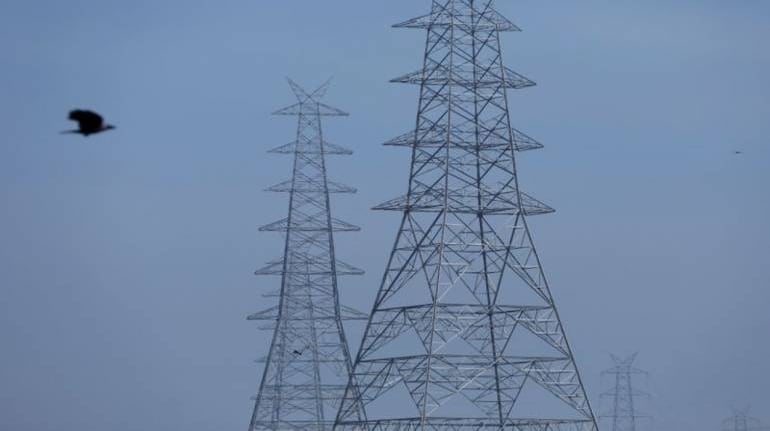Union finance minister Nirmala Sitharaman in May announced a Rs 90,000 crore liquidity infusion into cash-strapped discoms for payment of their dues till March 2020. Discoms have been facing demand slump due to the lockdown to contain COVID-19.
The Rs 90,000-crore liquidity package for discoms to help them pay their dues till the month of March would soon be enhanced to Rs 1.2 lakh crore factoring in these utilities' outstanding till June, said a senior official.
Union finance minister Nirmala Sitharaman in May announced a Rs 90,000 crore liquidity infusion into cash-strapped discoms for payment of their dues till March 2020.
Discoms have been facing demand slump due to the lockdown to contain COVID-19.
Participating in a webinar on 'Innovation in Renewable Energy' organised by PHDCCI, power secretary S N Sahai said the liquidity package would cover the outstanding dues of discoms for the months from April to June also and it would be enhanced to Rs 1.2 lakh crore.
While announcing the package, the government had said, "At present discoms have a total outstanding of Rs 94,000 crore towards power generation firms (gencos)."
However, later states demanded that the package be extended to include outstanding dues towards power generation and transmission firms for the month of April and May as well.
A source said that an official communication in this regard has already been sent to the implementing state owned non-banking finance firms Power Finance Corporation (PFC) and REC by the ministry of power.
The source further said now the respective boards of REC and PFC will approve the hike in liquidity package to around Rs 1.2 lakh crore covering a period of dues till June this year, by the end of September.
As much as Rs 68,000 crore has been sanctioned and around Rs 25,000 crore is disbursed to discoms under the package so far. The source further revealed that more states would avail the credit facility under the package after the REC and PFC boards' decision to hike the package.
PFC and REC would apprise states about the hike in the package after their boards' decision in this regard. Some of the discoms were not eligible for getting loans under the package because they were not meeting working capital limit norms under Ujwal DISCOM Assurance Yojana (UDAY).
Earlier in August, the Union Cabinet relaxed the working capital limit norms for discoms under UDAY to get loans as part of the liquidity infusion scheme. Under UDAY, banks and financial institutions are restricted to lend working capital up to 25 percent of a discom's revenue in the previous year.
The restriction was part of UDAY, which was approved in November 2015 by the union cabinet for revival of debt-laden utilities. Besides, discoms can get loan under the package against the receivables from state governments to clear their dues. But some of the discoms did not have headroom under both the provisions.
Thus the power ministry had proposed to relax working capital limit norms so that these discoms can avail loans under the package to clear their dues.
Sahai also stressed on the need to honour contractual obligation under power purchase agreements (PPAs) signed by discoms or states to safeguard investors especially in the case of renewable energy.
In past, there have been cases when some of the states' utilities refused to honour PPAs in view of the falling tariff of clean energy.
Sahai also made an assurance that the government is pretty much aware about the hydrogen as a source of energy.
Follow our full coverage of the coronavirus pandemic here.

_2020091018165303jzv.jpg)






